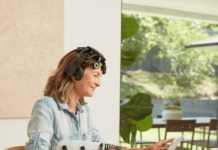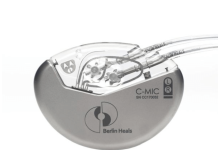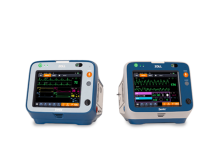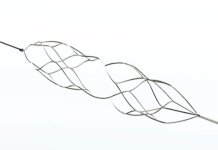InBrain Neuroelectronics has won a €4m ($4.5m) grant from the Spanish Ministry of Industry and Tourism to develop its brain-computer interface (BCI) platform technology.
InBrain’s BCI is made of graphene arranged in a hexagonal lattice. Developed to provide adaptive neuromodulation for conditions, including Parkinson’s disease, stroke rehabilitation, and epilepsy, the Spain-headquartered company says the material possesses a “unique combination of electronic and mechanical properties that make it ideal for neurotechnology innovation”.
Related: Firefly Neuroscience acquires Evoke Neuroscience for $6m
The grant is part of Spain’s broader PERTE (Proyecto Estratégico para la Recuperación y Transformación Económica, or Strategic Project for Economic Recovery and Transformation) Chip initiative that aims to strengthen the design and production capabilities of the nation’s microelectronics and semiconductor industry.
InBrain CEO and co-founder Carolina Aguilar commented: “This grant will enable us to accelerate our mission to develop precision neurotechnologies that can transform the treatment of neurological diseases while also helping to position Spain at the forefront of deep tech innovation in healthcare.”
Last year, InBrain completed the world’s first human graphene-based BCI procedure with its implant in a clinical investigation conducted at Salford Royal Hospital in Manchester, UK. The study found that InBrain’s implant could differentiate between healthy and cancerous brain tissue at a micrometre level, thereby demonstrating its potential as a tool for use during precision surgery for cancer and other brain diseases.
Implanted in brain tissue, BCIs are chips used to detect brain signals and translate them into commands, with the technology currently being evaluated in areas such as mitigating the symptoms of Parkinson’s and Alzheimer’s disease, and in alleviating depression.
However, the most attention-grabbing use of BCIs thus far has been in Neuralink’s use of the technology as a means of restoring movement to the limbs of paralysed individuals, allowing users to effectively command their disabled limbs to move through ‘thought alone’.
Owned by Elon Musk, Neuralink implanted the first patient with its BCI in January 2024, having been awarded an investigational device exemption (IDE) from the US Food and Drug Administration (FDA) in May 2023.




